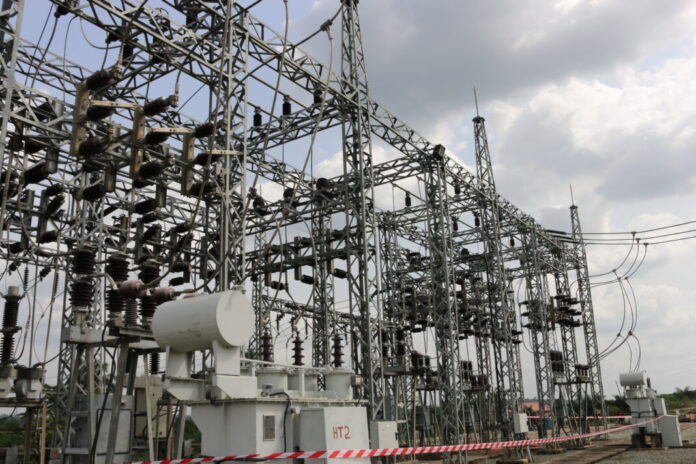The state of Nigeria’s power grid has reached a critical point, with many components of the transmission network outdated and ill-equipped to handle the country’s growing energy demands. Mr. Biodun Ogunleye, Lagos State’s Commissioner for Energy and Mineral Resources, painted this bleak picture during a recent interview with the News Agency of Nigeria (NAN).
“The reality is that several parts of our transmission network are old and failing,” Ogunleye stated. “Without significant investment, these challenges will persist, hampering our efforts to provide reliable power to Nigerians.”
The commissioner’s comments follow a tumultuous 2024, during which Nigeria’s national power grid collapsed 14 times. These disruptions plunged cities and industries into darkness, crippling economic activities and raising questions about the efficiency of the power sector.
Industry experts have attributed these frequent collapses to a cocktail of issues, including insufficient funding, aging infrastructure, and the vandalism of critical equipment. Ogunleye acknowledged these factors, emphasizing that funding shortfalls have delayed crucial projects.
“Many of these collapses could have been prevented if the right investments were made on time. Unfortunately, funding constraints have slowed progress, and we’re now playing catch-up,” he lamented.
Beyond inadequate funding, Ogunleye highlighted challenges such as delays in securing rights-of-way for new transmission lines and the rampant theft of equipment. “These disruptions not only increase operational costs but also undermine the stability of the entire power value chain,” he said.
The commissioner also cited gas supply shortages as a major bottleneck for Nigeria’s predominantly gas-powered electricity generation plants. Despite having one of the world’s largest natural gas reserves, Nigeria continues to grapple with unreliable supply chains, further limiting power generation.
“Our gas supply challenges create a ripple effect across the power sector, affecting generation, transmission, and distribution,” Ogunleye explained.
Looking ahead, Ogunleye proposed a multi-pronged strategy to address these longstanding issues. He called for aggressive investment in grid modernization and expansion, including the adoption of advanced grid automation technologies.
“Deploying smart grid technologies can improve system reliability, enable real-time fault detection, and speed up response times,” he said.
The commissioner also recommended enhancing security around power infrastructure through technology and community engagement. Among the measures he suggested were AI-powered surveillance systems, drones for aerial monitoring, and public awareness campaigns to foster community vigilance.
“Protecting our infrastructure is not just about technology; it requires the active participation of communities. We need their cooperation to report suspicious activities and prevent vandalism,” Ogunleye noted.
Another key area Ogunleye touched on was the issue of estimated billing, a practice that has sparked widespread consumer outrage over the years. He stressed the importance of ensuring wider metering coverage, especially in underserved areas, and called for stricter enforcement of billing regulations.
“Accurate billing is critical to building trust between consumers and electricity providers. Wider metering coverage and regular calibration of meters will go a long way in reducing disputes and improving customer satisfaction,” he said.
To enhance the performance of Distribution Companies (DisCos), Ogunleye advocated for performance-based regulations and timely tariff reviews. He urged the companies to expand their networks, improve customer service, and prioritize maintenance to reduce downtime.
“We must hold DisCos accountable for their performance while also giving them the tools to succeed. A balance is necessary to ensure they deliver better services to Nigerians,” he emphasised.
Reflecting on the past year, Ogunleye acknowledged that the power sector had made some progress, citing an increase in installed generation capacity. However, he noted that the sector’s full potential remained unrealized due to transmission bottlenecks, distribution inefficiencies, and operational lapses.
“While we have increased capacity on paper, the reality on the ground tells a different story. These bottlenecks are preventing us from translating potential into actual results,” he said.
Despite these challenges, Ogunleye expressed optimism about the sector’s future, provided that decisive actions are taken. He urged stakeholders to work collaboratively, with a focus on sustainable investments and innovative solutions.
“Nigeria’s power sector has immense potential, but unlocking it will require a collective effort. We must prioritize long-term planning over short-term fixes,” he concluded.

